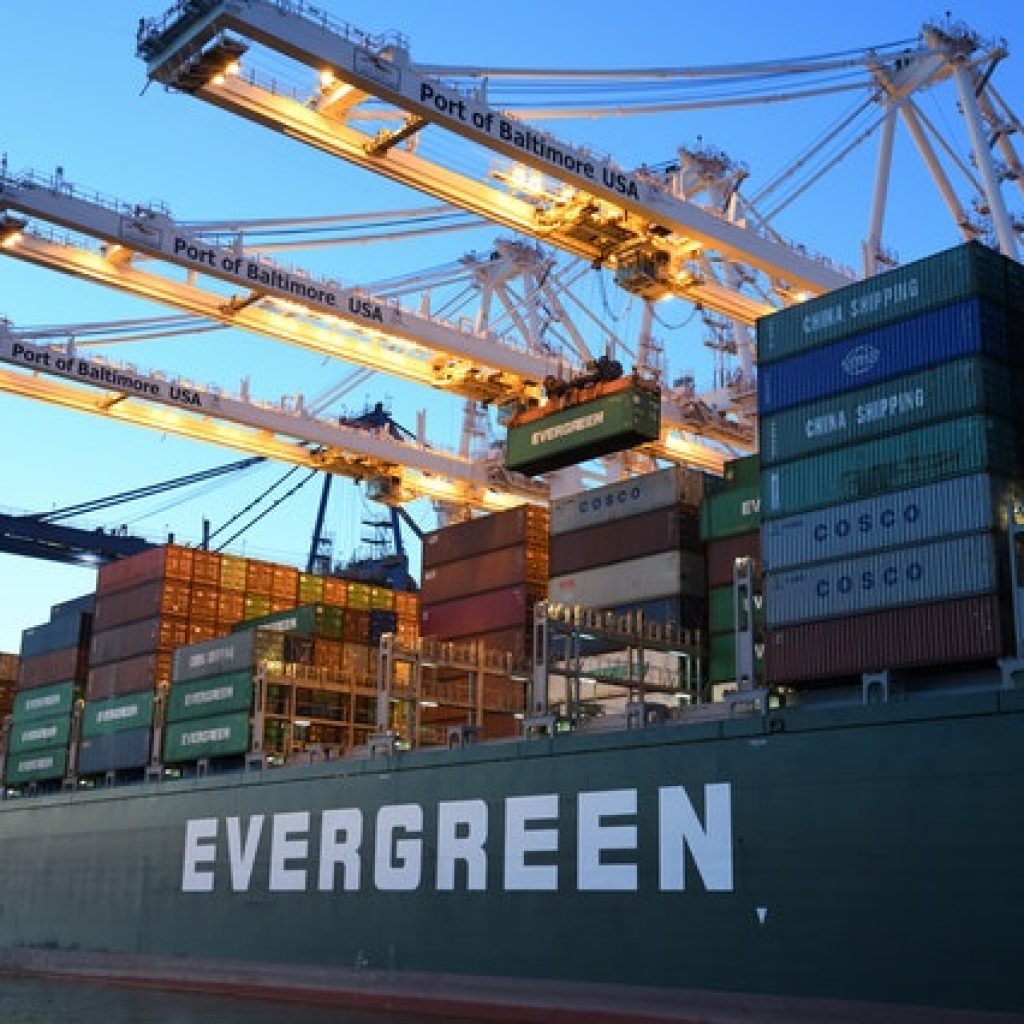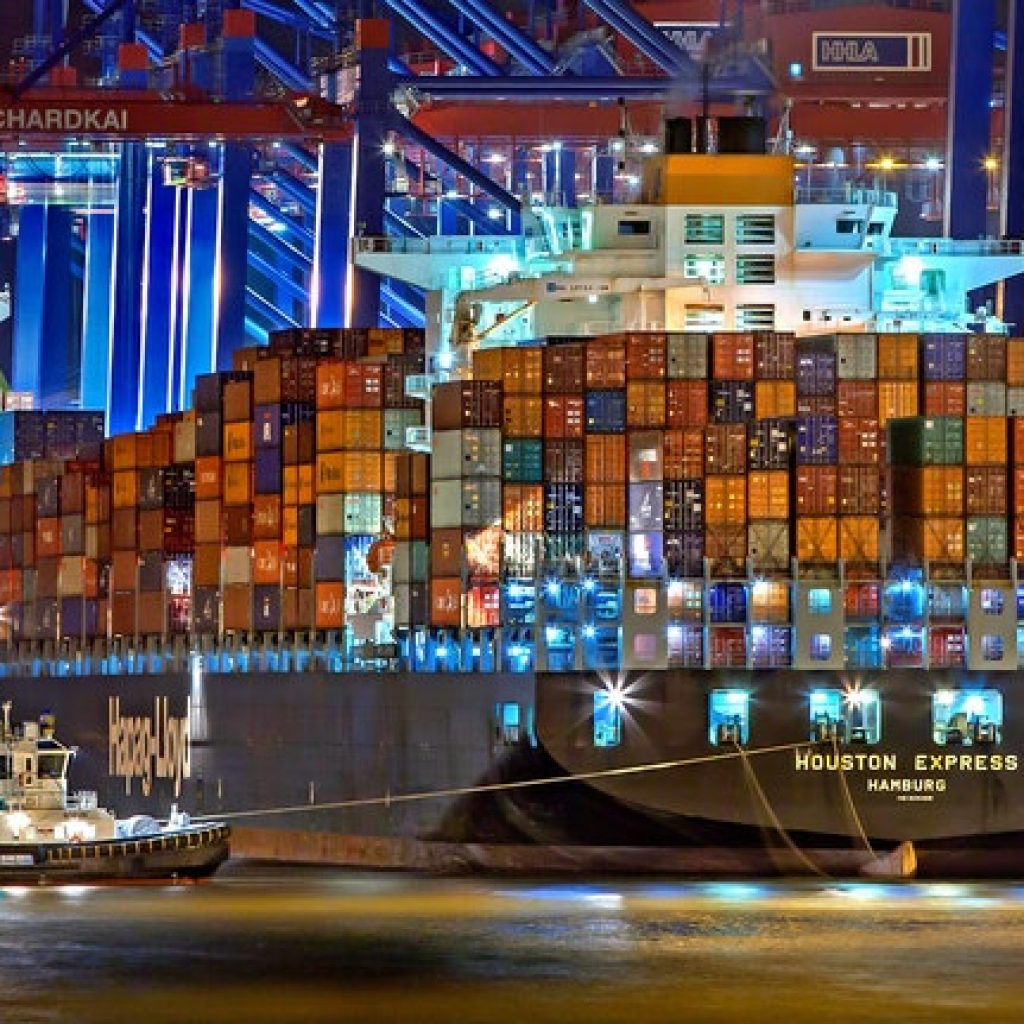9 Surprising Facts About the Shipping Industry
This is a guest post by Jonathan Miller.

Given that as much as 90% of world cargo is transported by ships, it is curious that the general population knows so little about such a large and lucrative industry. Take a look at the most surprising facts about the shipping industry to familiarize yourself with this ‘invisible’ mode of transporting cargo.
1. Shipping as an Instigator of the Modern Way of Transporting Goods
What is perhaps most fascinating about the shipping industry is that this industry was, in fact, the cradle of industrialism as we know it today. If you pay attention to the etymology of the word, it is no coincidence that shipping is called shipping and not airplaning, training, or carriageing! (Or horsing, if you will.) Hence, knowing this part of American history is useful for business people who aspire to use shipping to import and export goods – as it allows them to understand the basics of freight transport.
The first developed large-scale freight transport systems were inland steamboat fleets that transported cargo on the East Coast, mainly between New York and New Jersey. The unofficial pioneer of steamboat transport was Cornelious Vanderbilt, who eventually cleverly extended his operations from regional to ocean-going steamboat lines in the wake of the 1849 California gold rush.

What few people know is that this move allowed Vanderbilt to create vast networks of steamboat freight lines, which further allowed him to invest in the emerging railroad constructions in the mid-19th century, and, thus, cement his presence in the emerging freighting market in the US. Other investors soon followed to create their own freighting monopolies, which rushed the US into the capitalist method of producing and transporting goods.
2. A Whopping 90% of World Transport Depends on Freight Ships
It is strange to think that 9 out of 10 objects in our vicinity have traveled numerous nautical miles just to reach our market and settle in our homes and offices. So, the chances are that your new toaster probably traveled more than the average person travels in their lifetime. The industry is so developed that you can transport just about anything that comes to mind. You can, for instance, transport your car to another continent, or all your belongings with companies such as promoversmiami.com. Given the sheer size and influence of the shipping industry, it is even more peculiar that most people are strangers to freight transport workings in general and shipping transport in particular.

3. Shipping Is the Most Environmentally Friendly Form of Transport
Fortunately, transporting cargo via shipping takes considerably less fuel and energy than what planes and trucks consume. This makes the shipping industry simultaneously incredibly efficient in terms of the volume of goods that it can transport and the energy consumption needed to do so. Consequently, sending a large container with goods from China to Le Havre, a port town in France, will emit lower levels of greenhouse gasses than the vehicle used afterward to transport the same container from Le Havre to Lyon.
The dark side of the story is that with the onslaught of products transported daily, the shipping industry is the 6th largest pollutant in the world. For this reason, it is crucial to sign a trading agreement only with responsible companies that satisfy existing transnational legal and environmental laws and standards.
4. Shipping Is Cost-Effective
A surprising fact about the shipping industry is that you pay less to transport fish from China to another country than the expenses of preparing it in a restaurant in the given country. Although this can vary in terms of the import and export fees of individual countries and the standard of living in the given country, this shipping fun fact illustrates its cost-effectiveness.
5. Just as the Industry Is Enormous, the Ships Are Huge Too
Container ships can transport as much as 15,000 boxes, which is most probably plenty of space for any business’s needs. To help you visualize how much space this is, imagine having 746 million cucumbers. That is how much a single container can carry. Adding to there being around 20 million of such containers roaming the oceans at any given moment, the scale on which the shipping industry operates in a single day is almost hard to believe.

6. Revenue From the Shipping Industry Is Huge Too
Non-incidentally, the shipping industry is gigantic in economic as well as literal terms. If we take the UK, the total GDP contributed by the shipping industry dwarfs the joint revenue of sectors such as restaurants, takeaway, and civil engineering. Considering these are pre-Covid-19 statistics, the estimated revenue that shipping has been contributing in the last few months is off the charts.
7. Pirates Present a Danger to Shippers
No, this is not a metaphor or a history lesson – pirates are a genuine hazard in international waters, especially off the coast of Eastern Africa. Theft and assault on shippers are so prevalent that it surpasses crime levels reported in countries such as Brazil, Colombia, South Africa, etc.
8. One of the Surprising Facts About the Shipping Industry Is That Containers Are Rarely Subject to Inspection
This fact about the shipping industry may come as a surprise, but the sheer amount of goods transported every hour makes the inspection of containers look like searching for a needle in a haystack – an incredibly large and dispersed haystack.
In fact, the figures show that only 5% of entire US imports are actually inspected. The numbers are even lower for Europe. (Try not to get any devious ideas to exploit this fact!)
9. Shipping Companies and Associations Typically Do Not Reveal a Lot of Information About Their Operations
The contradiction in having a veil of mystery and obscurity surrounding such a huge and impactful industry is perhaps explained by the general unwillingness of shipping companies and national shipping associations to disclose data about their operations. For example, the Greek national association of shipowners does not disclose information about the number of members it has, which is, surprisingly enough, not an uncommon practice in this line of work.
These are some of the most surprising facts about the shipping industry. Surely, more can be found upon a bit of digging. Next time you buy something new, appreciate how far it may have traveled to get to your household.
This was a guest post by Jonathan Miller.
Writer Bio

Jonathan Miller has worked for freighting and logistics companies for around 30 years. On the side, he enjoys collecting knowledge about transportation systems and their historical influence on the global economy. His biggest dream is to repeat Magellan’s journey in his own boat.




